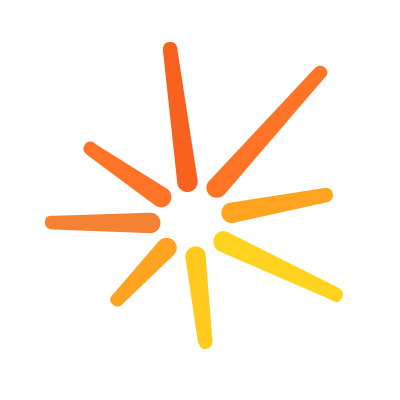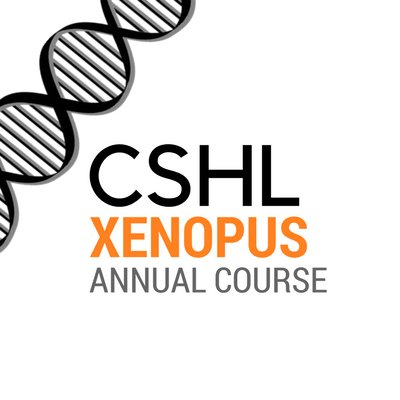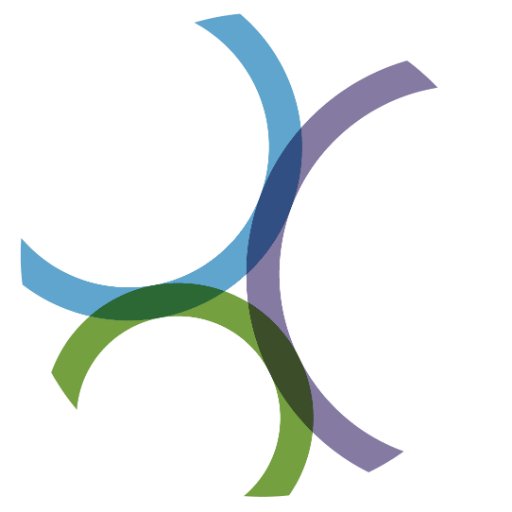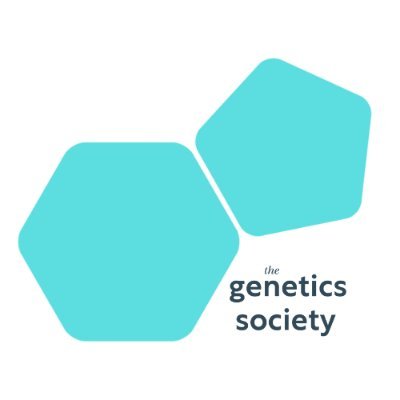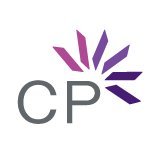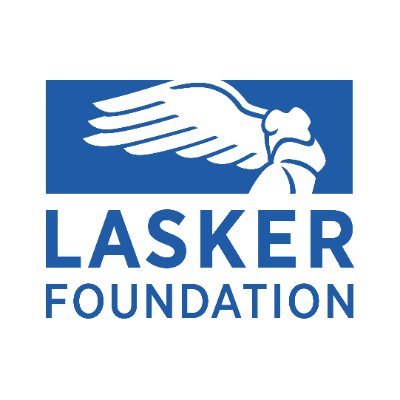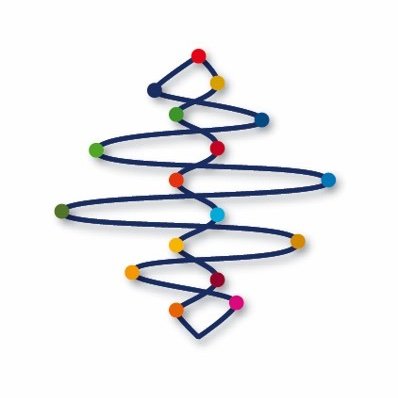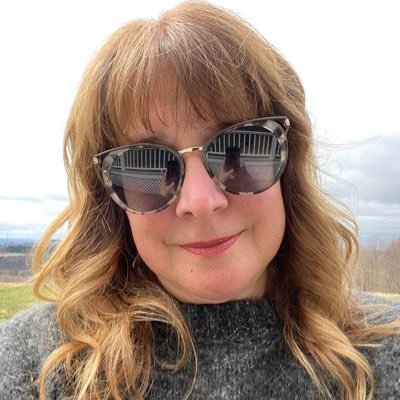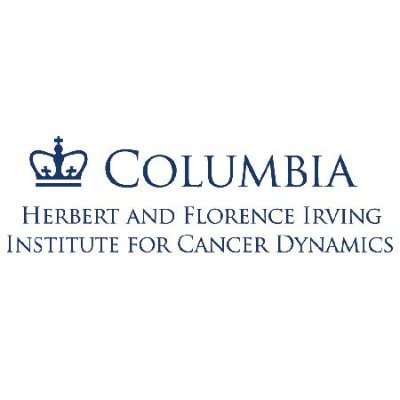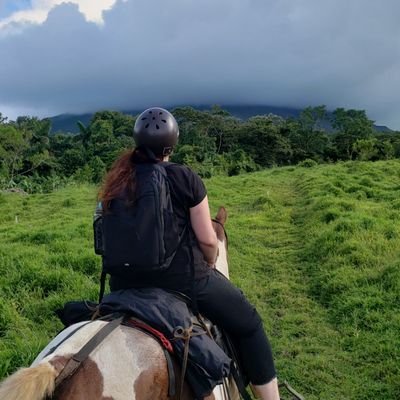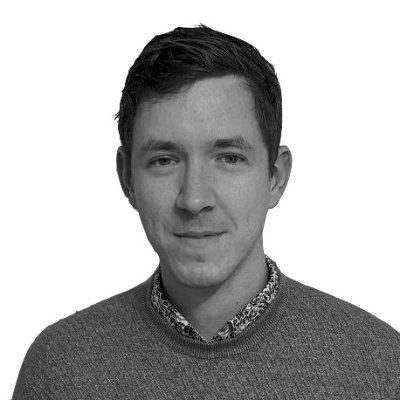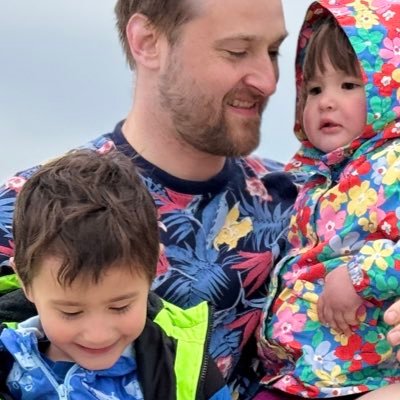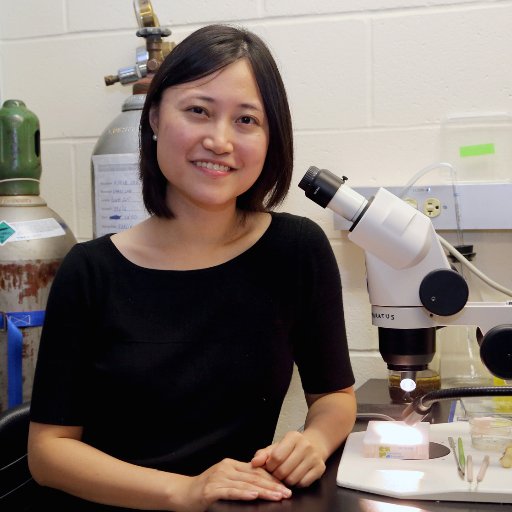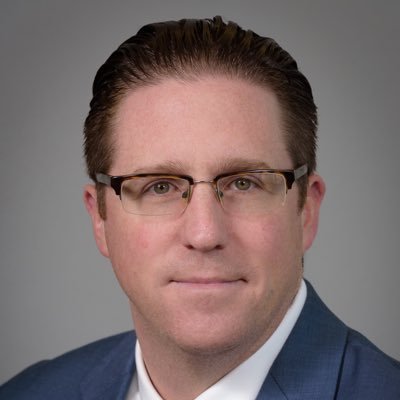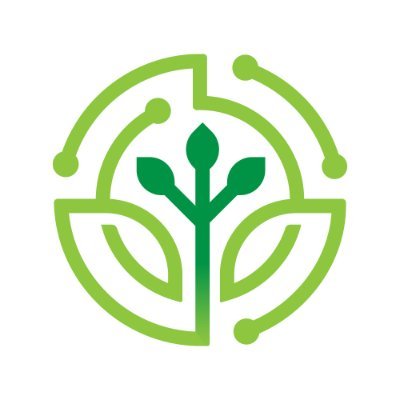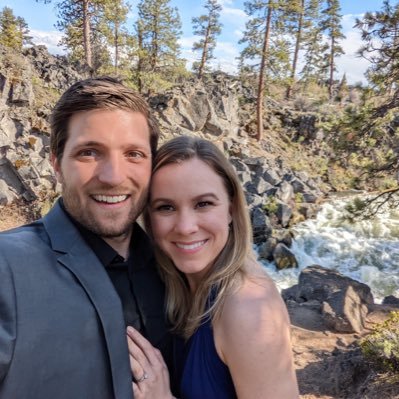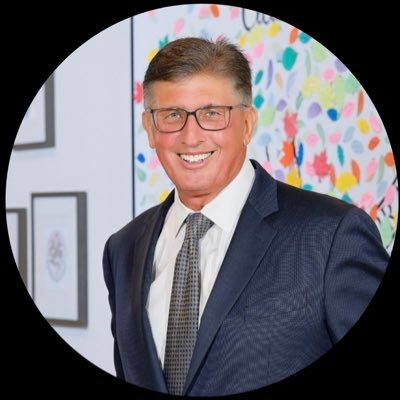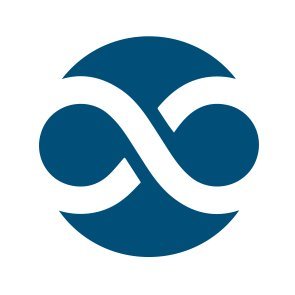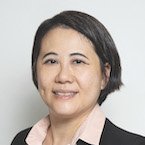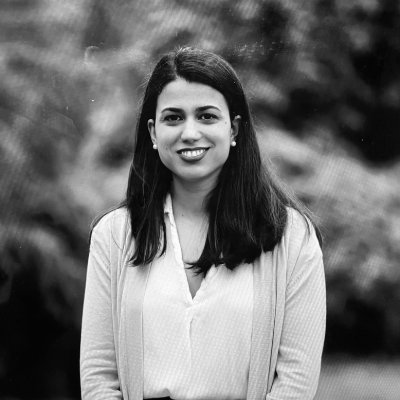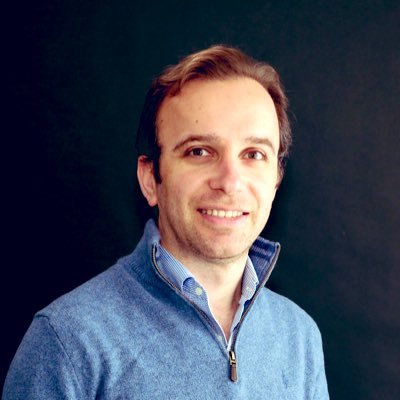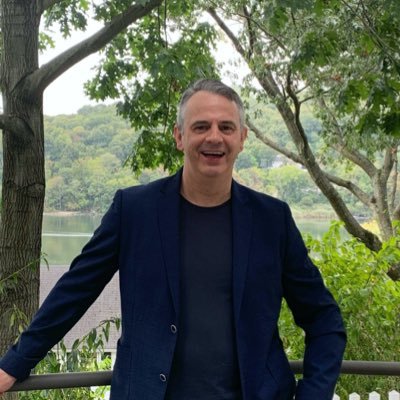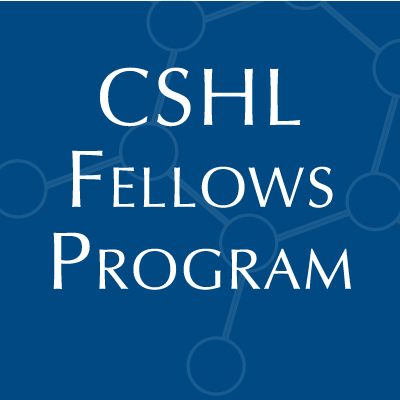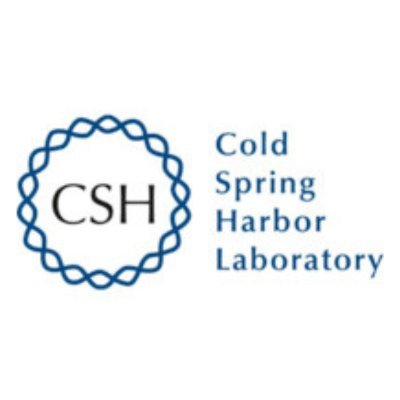
Cold Spring Harbor Laboratory
@CSHL
Non-profit research and educational institution at the forefront of molecular biology, cancer, neuroscience, plant biology, and genetics.
You might like
CSHL Professor David Spector and grad student Disha Aggarwal examined tissue samples from a 59-year-old woman diagnosed with stage 1 triple-negative breast cancer. Their findings could help inform clinical trials of a drug targeting the long non-coding RNA MALAT1.…
It is with sadness that we acknowledge the passing of Dr. James Watson, Nobel prize-winning scientist and former Director and President of CSHL. We extend our sincere condolences to his wife Liz and family during this difficult time. We recognize Dr. Watson’s incredible…
In this episode of "At the Lab", Phil Renna and Chris Vakoc, CSHL Deputy Director of the Cancer Center, sit down to discuss the tireless work researchers are doing to help patients and families alike. Listen now, wherever you get your podcasts: cshl.edu/podcasts/pedia…
Congratulations to CSHL’s Kate Alexander for winning the @KidneyCancer Association’s 2025 Trailblazer Award! Could a tumor cell’s nuclear speckles one day help doctors figure out the best course of treatment? Alexander aims to find out. Read more at the link:…
CSHL welcomes David Crotty, new executive director of @CSHLPress! Crotty, a 20+ year veteran of scientific publishing, succeeds founder John Inglis (@JohnRInglis), who has led the Press since 1987. Read more at the link: cshl.edu/cshl-press-nam…
This October, CSHL received a generous donation from the Friends of T.J. Foundation in support of sarcoma research. We are deeply grateful for their partnership and ongoing commitment to making life better through science.

A new study from CSHL’s Furukawa lab (@Lab_FURUKAWA) identifies the neurological ‘doorstops’ that keep the brain’s NMDA receptors fully or partially open. The findings could have implications for treating strokes and neurodegenerative conditions like #Alzheimers disease.…
What do humans and certain yeasts have in common? More than meets the eye! CSHL Professor Rob Martienssen has discovered how a protein passed down by our last shared ancestor LECA protects our DNA when transcription and replication collide. Check out the full story here:…
Discover how cancer turns normal biology toxic at our monthly Cocktails & Chromosomes event, featuring Assistant Professor Peter Westcott. Visit our Eventbrite for more information and to RSVP: eventbrite.com/e/cocktails-an…
This National Academy of Sciences Spotlight features Kornelia Polyak—renowned cancer biologist, newest member of CSHL’s Scientific Advisory Council, and Co-chair of CSHL’s Cancer Center’s External Advisory Committee. Read her insights on #BreastCancerResearch and mentorship:…
In this special edition of At the Lab, CSHL Professor and Cancer Center member David Spector shares his lab’s most recent research and how collaborations with Northwell Health have been instrumental in his lab’s success. cshl.edu/podcasts/speci…
Breast cancer can sometimes come back with a vengeance. A new discovery from CSHL’s @caoresco lab could one day help prevent recurrence and keep breast tumors susceptible to common hormone therapy. #BreastCancerAwareness cshl.edu/breast-cancer-…
And the 2025 #LIBDC Business Award goes to...CSHL! The award recognizes CSHL’s role as a regional economic driver and beacon of discovery, innovation & community development. Read more here: cshl.edu/cshl-wins-long…
“We could have published more if we had a more aggressive, short-term vision. And we would’ve failed the prostate cancer community if we’d given them something that sounded great but didn’t last.” CSHL Professor Lloyd Trotman reflects on his lab’s 20-year journey of discovery.…
Synesthesia, shipwrecks, and African elephant all await you in the smelliverse! Get a guided tour from CSHL Professor Alexei Koulakov in our Cocktails & Chromosomes video. #Neuroscience youtu.be/b5i0gUz3O1I?si…

youtube.com
YouTube
The hitchhiker's guide to the smelliverse with CSHL's Alexei Koulak...
Why is breast cancer no longer a death sentence? The answer lies with fundamental biology discoveries of the 20th century. Join us as we revisit one of these breakthroughs, which helped answer another crucial question: Why does cancer keep growing? cshl.edu/why-does-cance……
CSHL Assistant Professor Katherine Alexander has been awarded a 2025 NIH Director’s New Innovator Award, which financially supports early career researchers to pursue creative, high-impact projects. cshl.edu/kate-alexander…
Congratulations to Mary E. Brunkow, Fred Ramsdell, and Shimon Sakaguchi, awarded the 2025 Nobel Prize in Physiology or Medicine for discoveries that reshaped our understanding of immune regulation. CSHL is proud to have hosted and published work by these pioneering scientists.…
Did you know that breasts have branches? Disturbances to this tree of life can have implications for breast cancer risk. Now, three grad students in CSHL's @caoresco lab have developed a computer model for measuring such changes. #BreastCancerAwareness cshl.edu/the-magnetic-m…
Early-onset cancers are on the rise—and scientists are racing to understand why. A new New York Times feature highlights research from CSHL Associate Professor Camila dos Santos on how pregnancy, breastfeeding, and even urinary tract infections can leave lasting marks on breast…
United States Trends
- 1. Pond 243K posts
- 2. Daboll 37.1K posts
- 3. Veterans Day 22.5K posts
- 4. Jimmy Olsen 3,226 posts
- 5. Go Birds 13.2K posts
- 6. Downshift N/A
- 7. Schoen 19.4K posts
- 8. #OTGala8 117K posts
- 9. Akira 27.3K posts
- 10. McRib 1,554 posts
- 11. Biker 4,054 posts
- 12. Zendaya 10.3K posts
- 13. American Vandal 1,844 posts
- 14. Gorilla Grodd 1,755 posts
- 15. #FlyEaglesFly 5,910 posts
- 16. Mecole Hardman N/A
- 17. Nene Leakes N/A
- 18. Johnny Carson 1,036 posts
- 19. Hanoi Jane 1,467 posts
- 20. Kyle Hendricks N/A
You might like
-
 Broad Institute
Broad Institute
@broadinstitute -
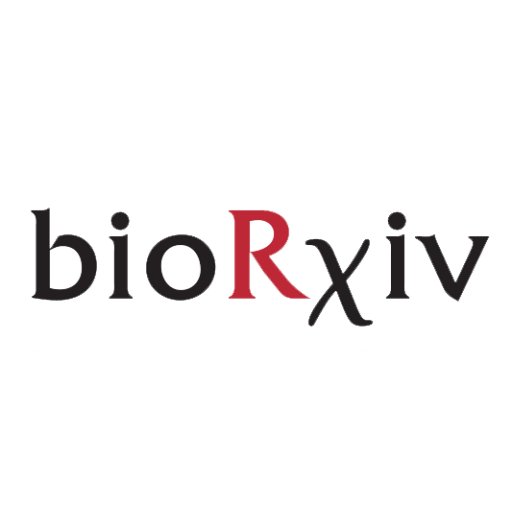 bioRxiv
bioRxiv
@biorxivpreprint -
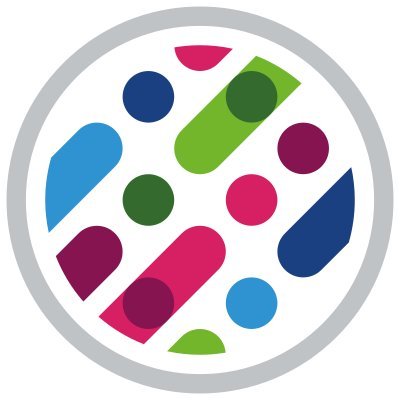 eLife - the journal
eLife - the journal
@eLife -
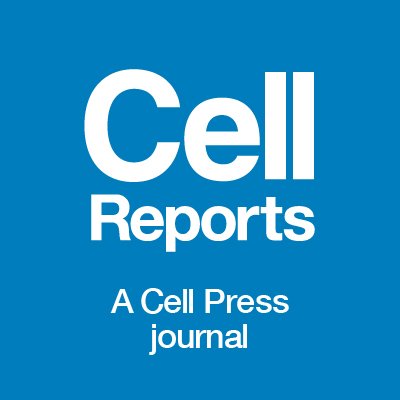 Cell Reports
Cell Reports
@CellReports -
 CSHL Courses
CSHL Courses
@cshlcourses -
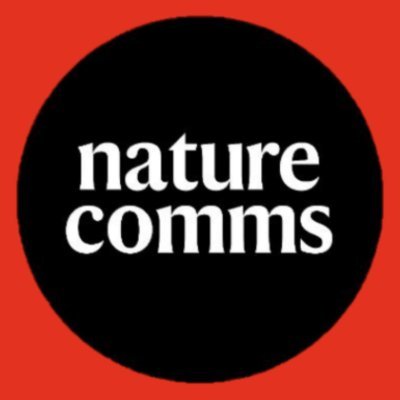 Nature Communications
Nature Communications
@NatureComms -
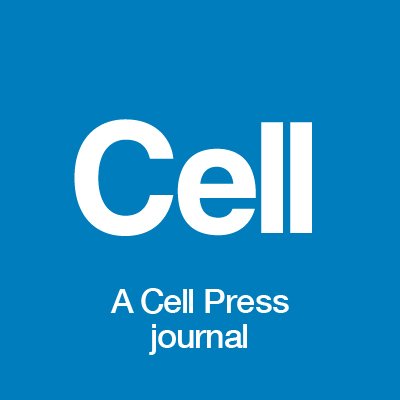 Cell
Cell
@CellCellPress -
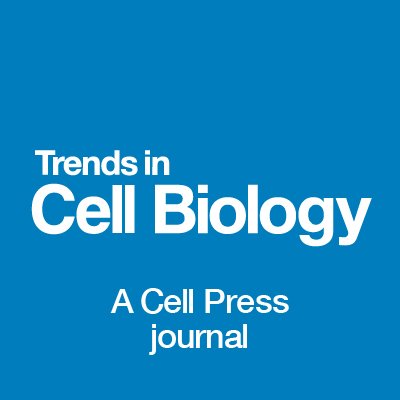 Trends Cell Biology
Trends Cell Biology
@TrendsCellBio -
 PNASNews
PNASNews
@PNASNews -
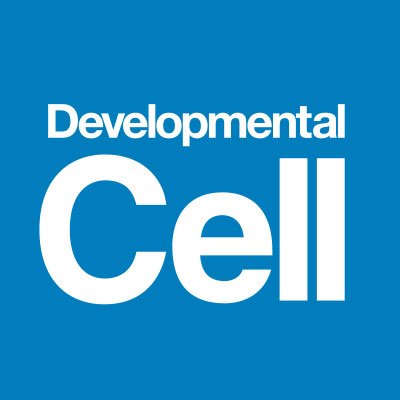 Developmental Cell
Developmental Cell
@Dev_Cell -
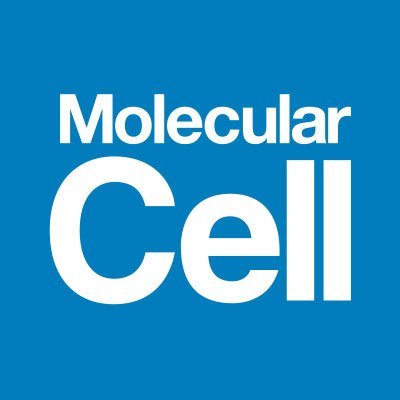 Molecular Cell
Molecular Cell
@MolecularCell -
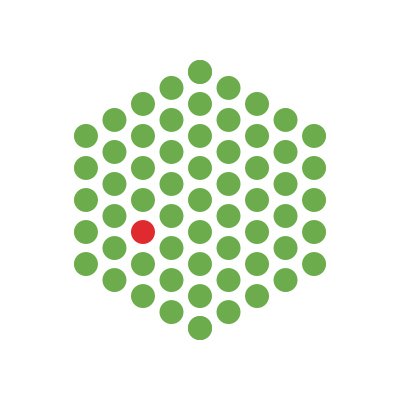 EMBL-EBI
EMBL-EBI
@emblebi -
 HHMI
HHMI
@HHMINEWS -
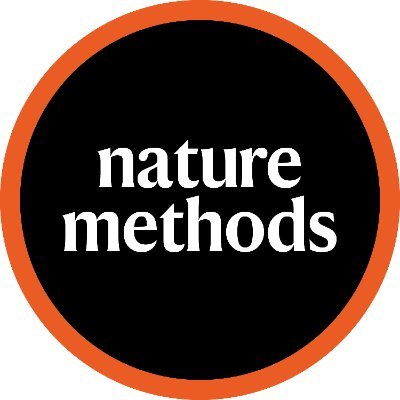 Nature Methods
Nature Methods
@naturemethods -
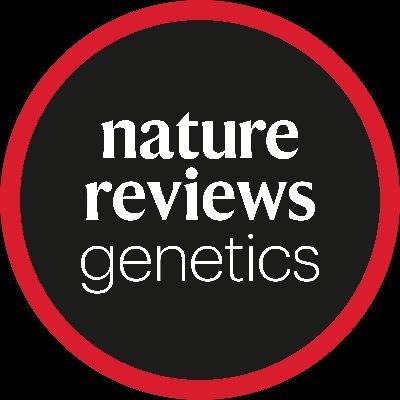 Nature Reviews Genetics
Nature Reviews Genetics
@NatureRevGenet
Something went wrong.
Something went wrong.



















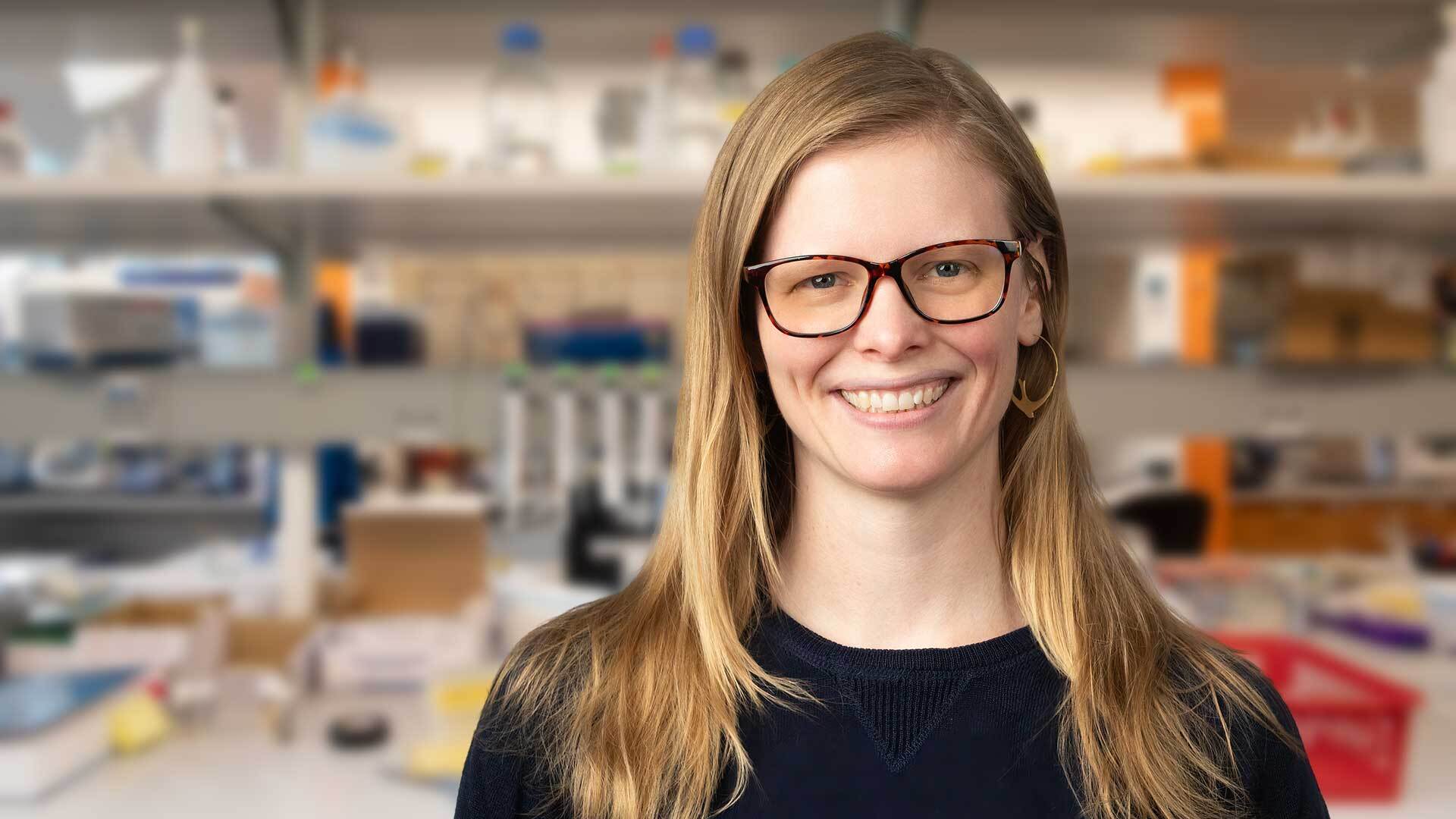










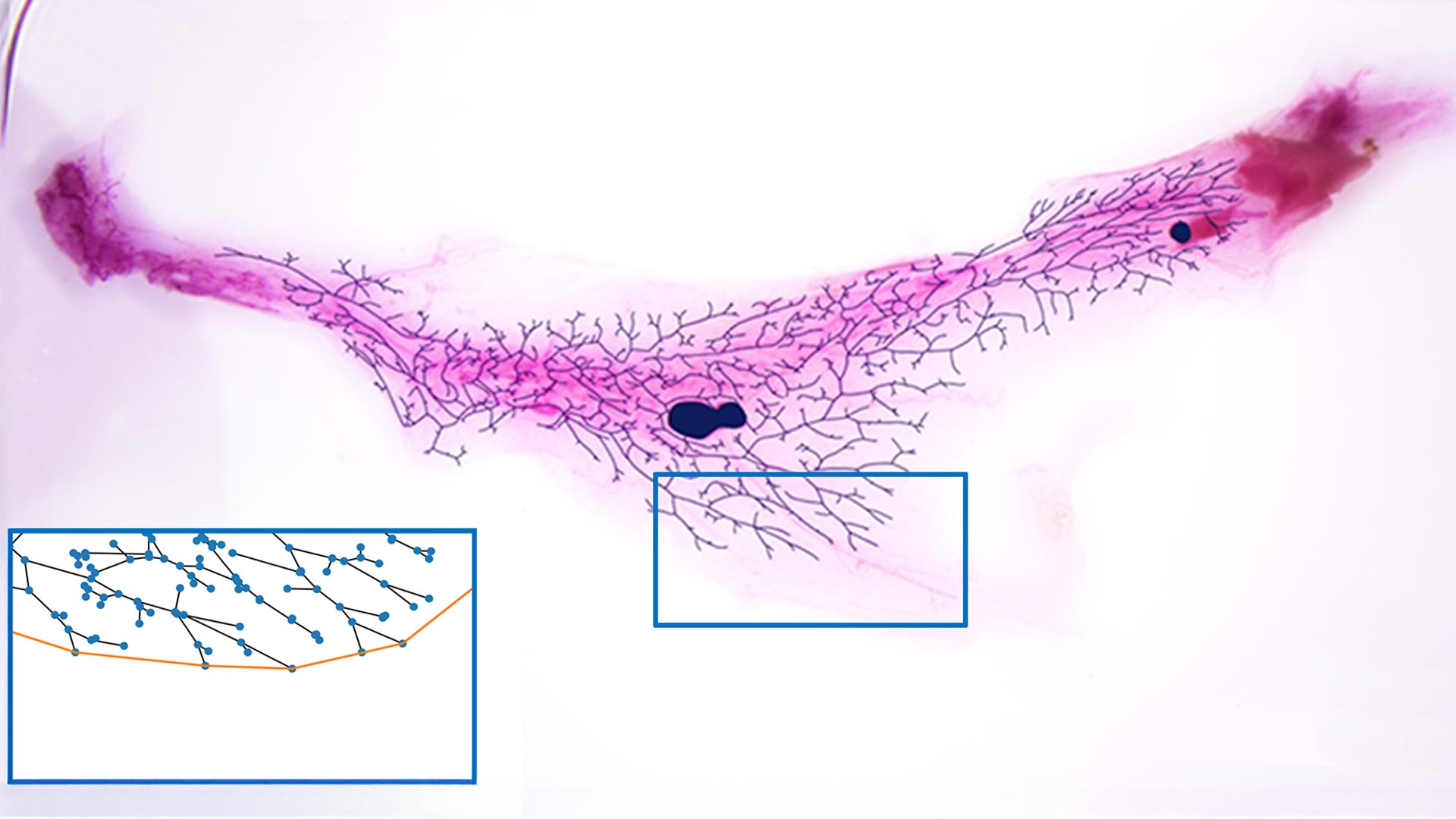

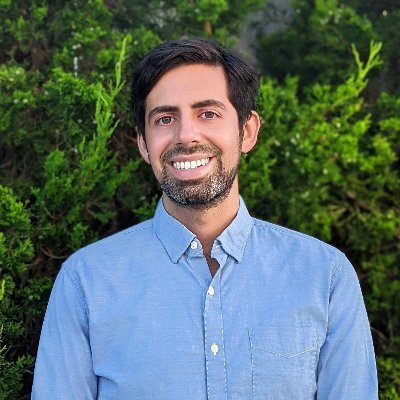

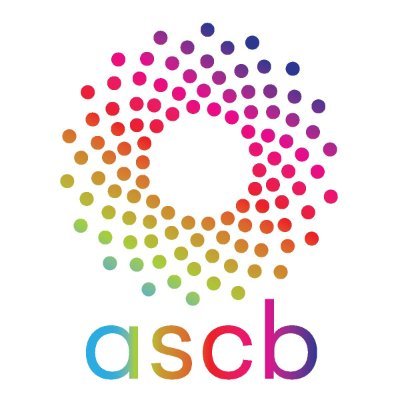


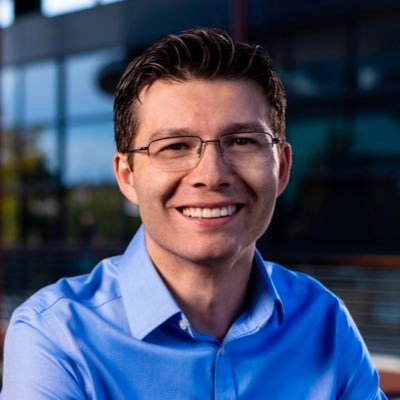
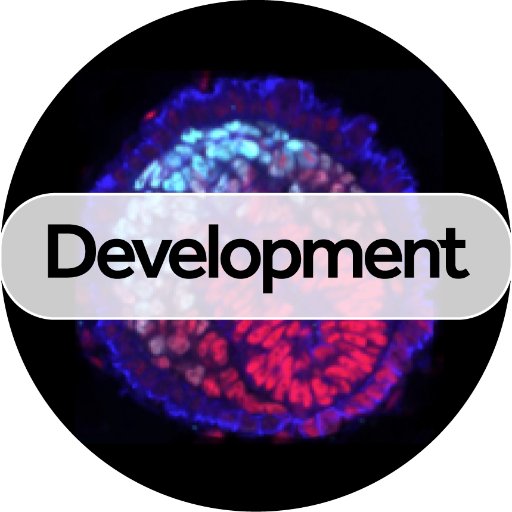

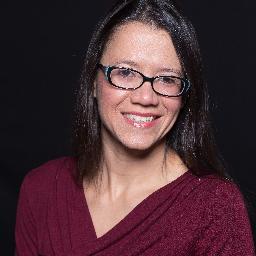

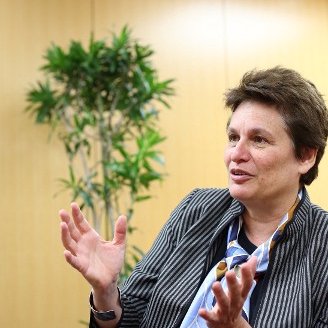


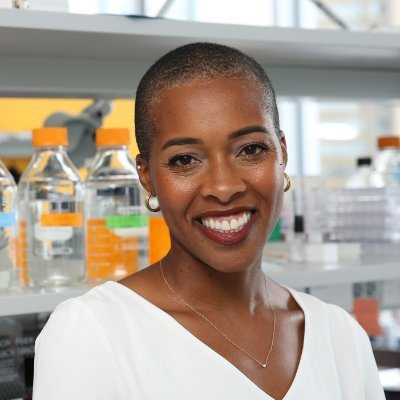
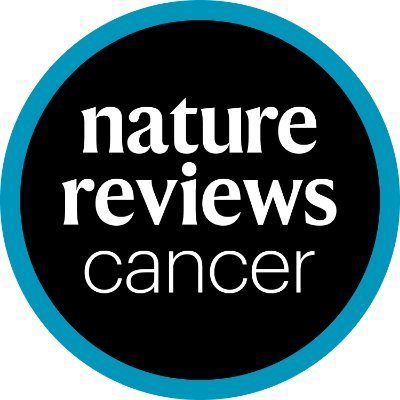

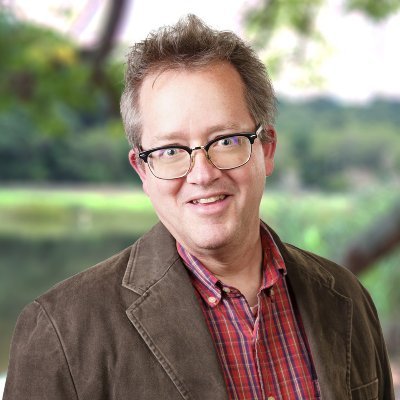
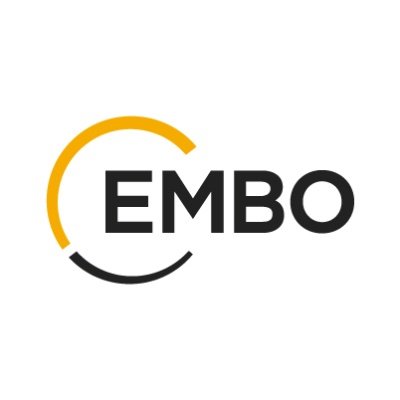
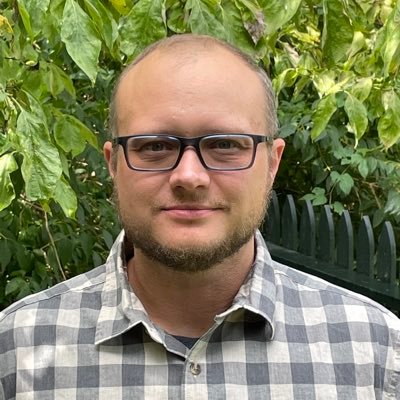




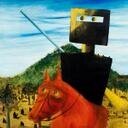
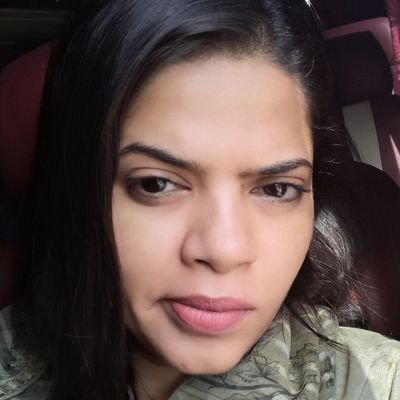

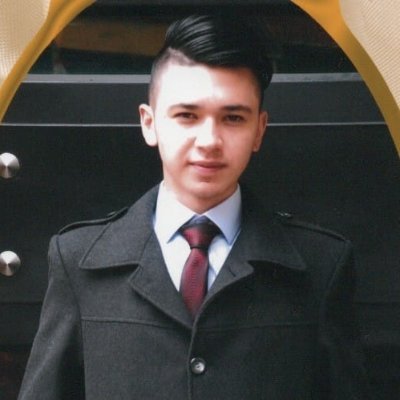







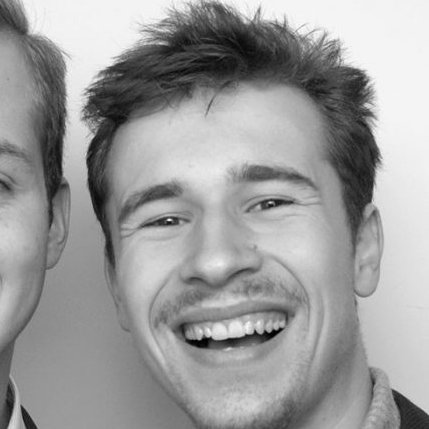


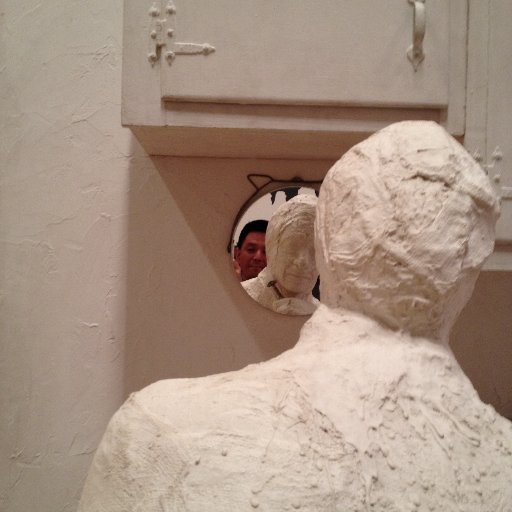
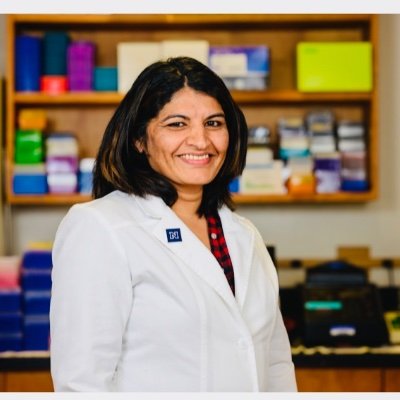


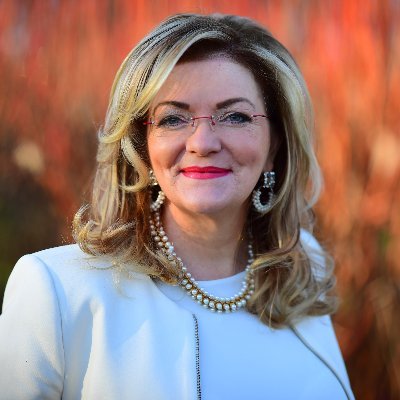
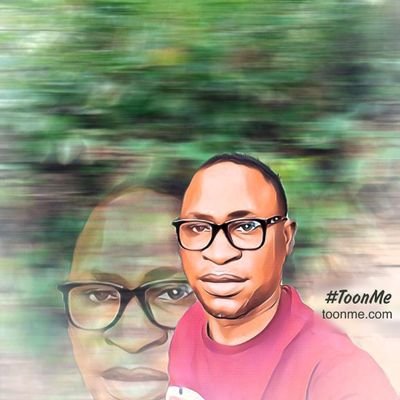

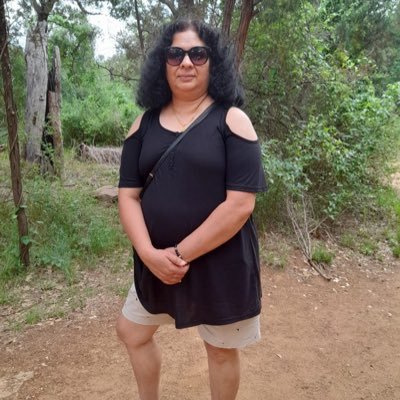







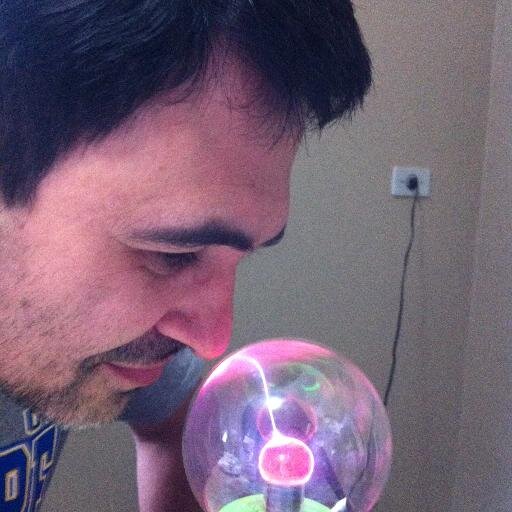
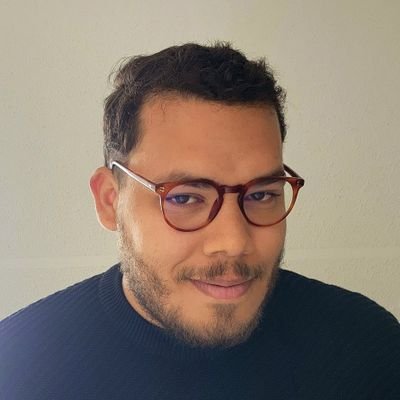


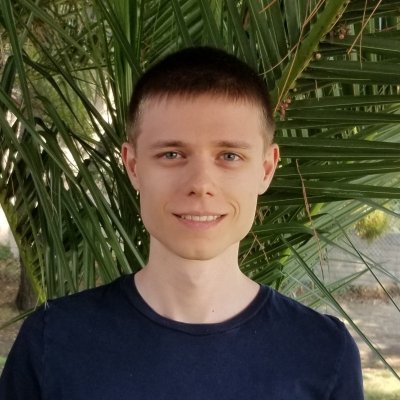

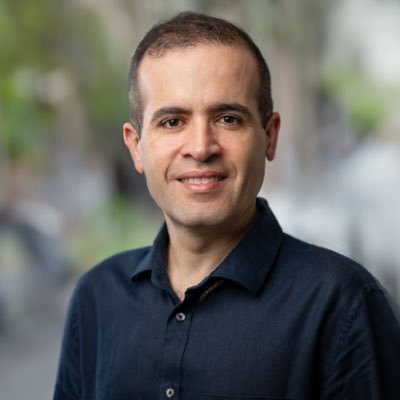


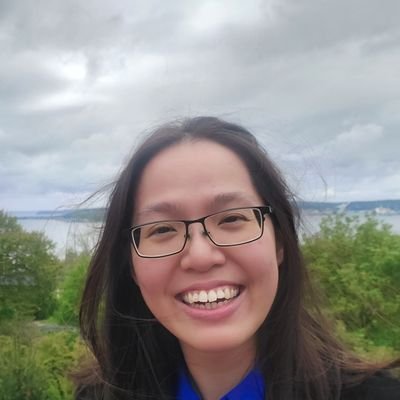
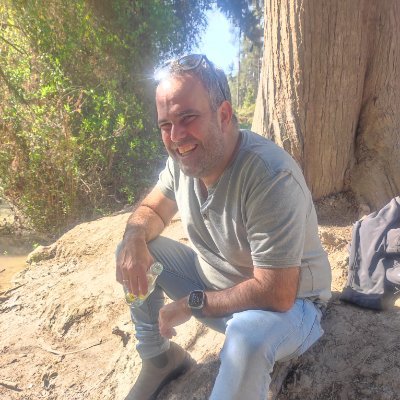

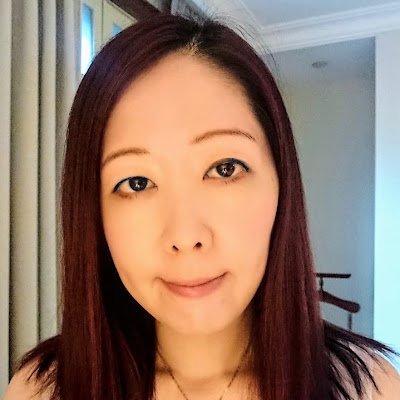
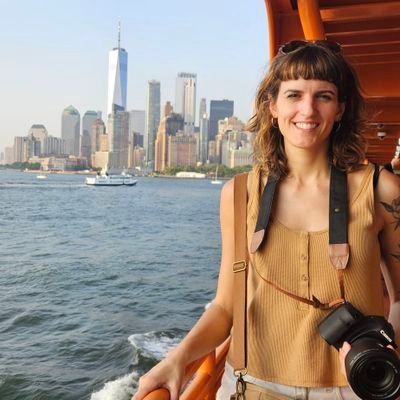
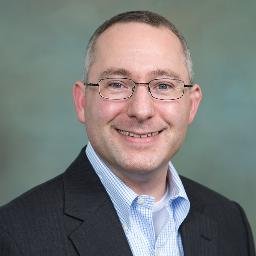
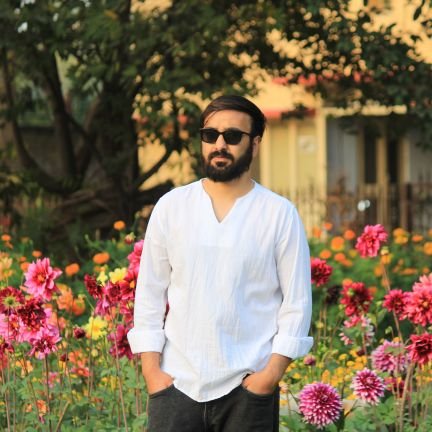
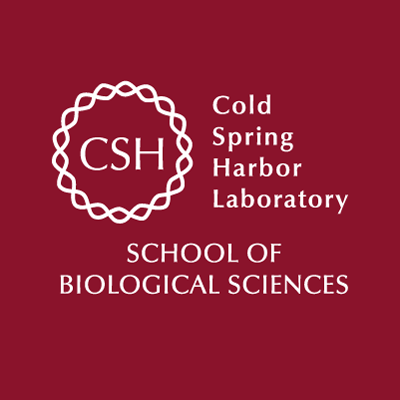

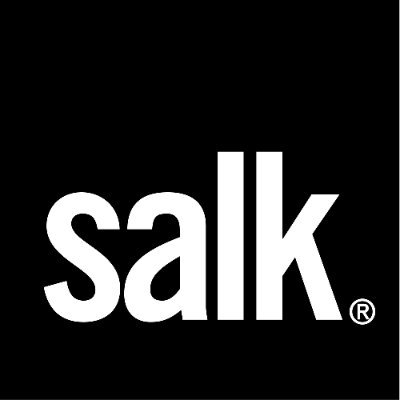
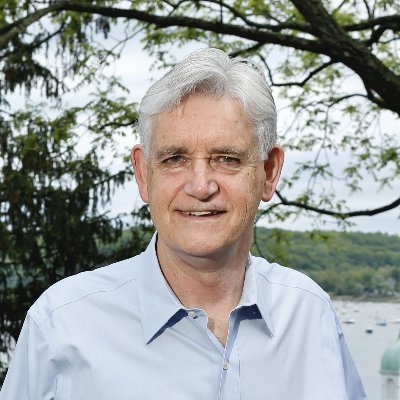




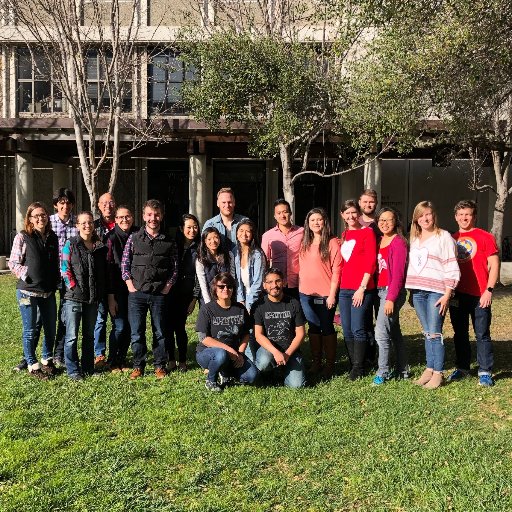






![minutephysics's profile picture. Cool science videos! Trying to get people excited about learnin'
email: minutephysics [at] gmail [dot] com he/him](https://pbs.twimg.com/profile_images/1408136716/OMP_logo_brush_square2.jpg)
